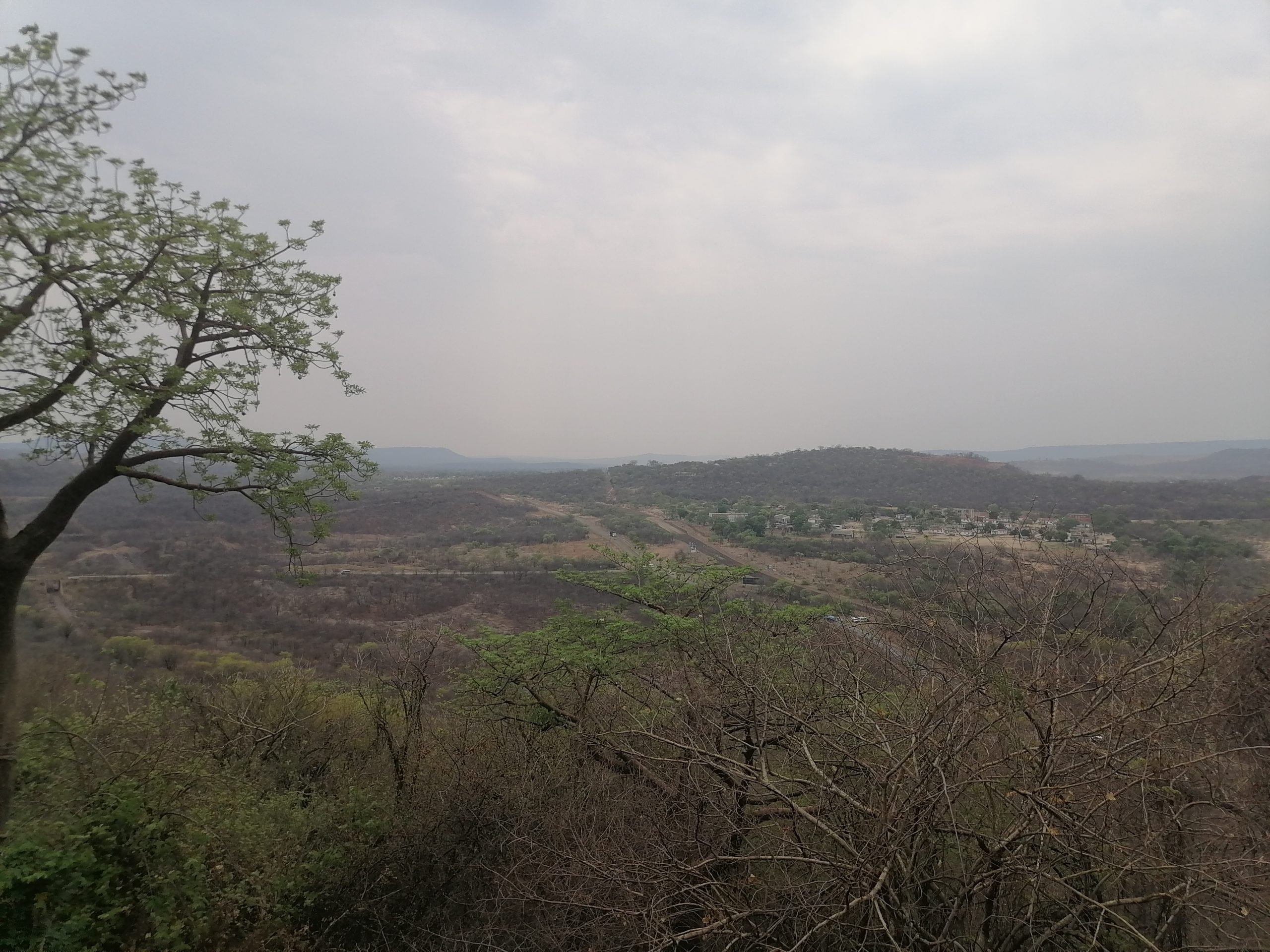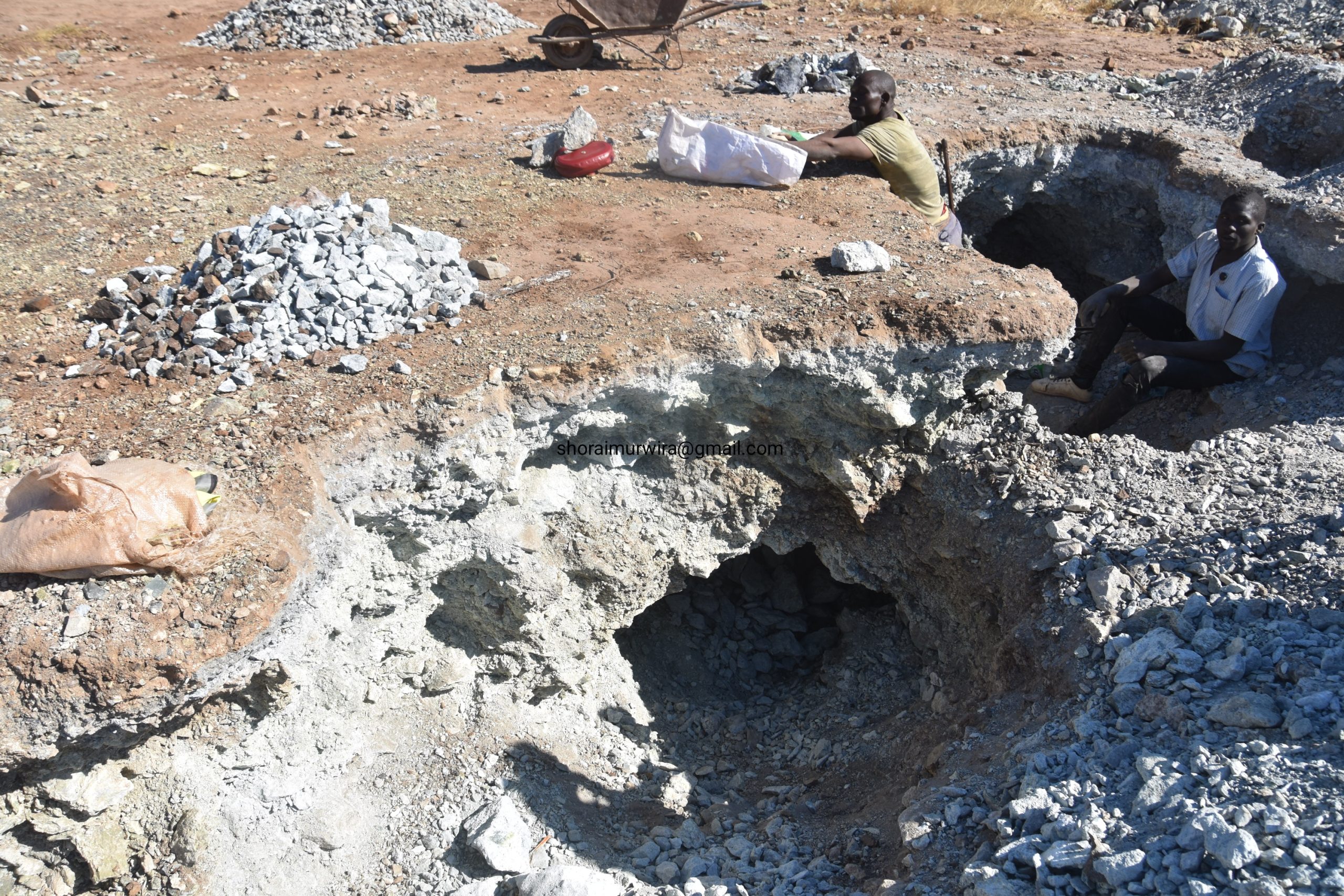WFP Zimbabwe Deputy Country Director, Billy Miwinga, says the latest ZimLAC rural and urban assessments show that food insecurity levels in Zimbabwe have decline, to which he said is a positive sign that ongoing efforts are making an impact.
Miwinga however, emphasized that challenges remain, particularly a funding gap that leaves some families still vulnerable. “We continue to work with government, partners, and communities to ensure that no one is left behind. Our commitment to achieving ZeroHunger in Zimbabwe remains strong.
“We have seen the recent ZimLAC rural and urban assessments, which confirm that the numbers of food-insecure households have gone down. This is a sign that collective efforts are beginning to bear fruit,” he said.
Mwiinga was speaking at a ceremony held at United Nations offices on Harare where WFP donated three vehicles to the Meteorological Services Department of Zimbabwe to strengthen the country’s capacity to monitor and deliver weather services across all corners of the nation.
He pledged to keep working tirelessly with all stakeholders to close the remaining gaps and ensure every Zimbabwean has access to food security.
He highlighted that Zimbabwe still faces significant challenges. “There remains a funding gap, and many families continue to struggle. WFP has begun engaging with all stakeholders to ensure that no one is left behind. Our vision remains clear: to achieve zero hunger and reduce food insecurity in Zimbabwe,” he added.
Speaking about the donation he said the vehicles will enhance MSD’s mobility, ensuring timely collection of data and improved dissemination of weather information vital for food security and disaster preparedness.
MSD ddirector, Rebecca Mazhou expressed gratitude for the donation saying the the donation comes at a critical time as the country grapples with the effects of climate change, including droughts and erratic rainfall patterns that directly affect agricultural production.
“Strengthened weather monitoring and forecasting will help farmers and communities make informed decisions, supporting both livelihoods and national food security,” she said.
The WFP reaffirmed its commitment to working with the Government of Zimbabwe, development partners, and local communities to build resilience and ensure sustainable solutions in the fight against hunger.








